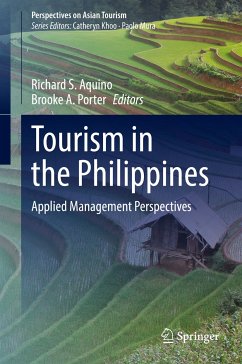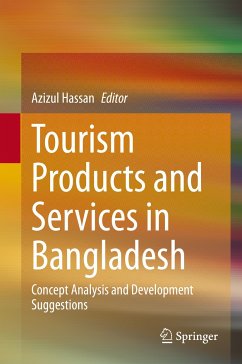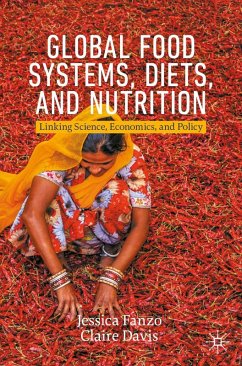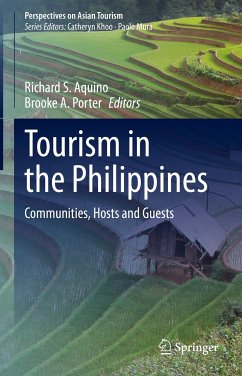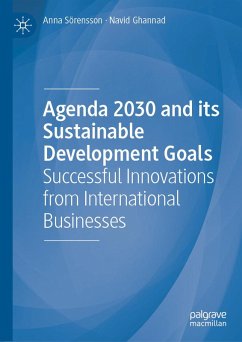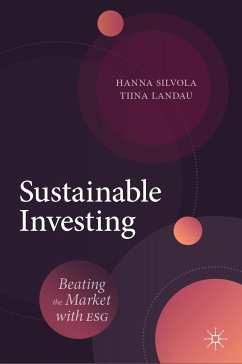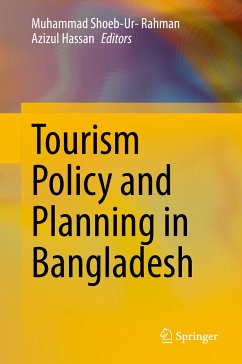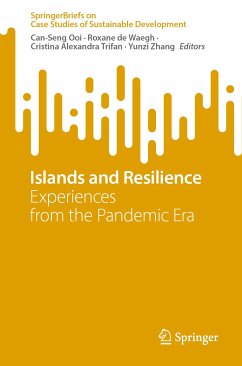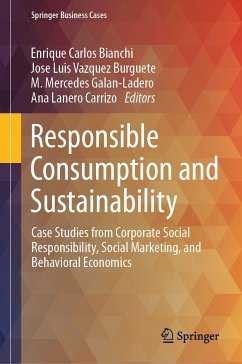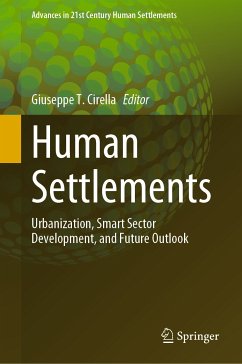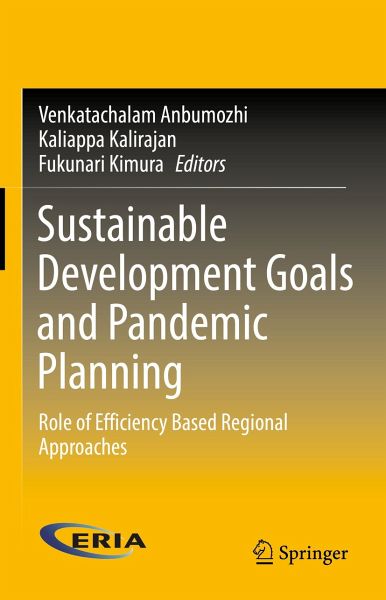
Sustainable Development Goals and Pandemic Planning (eBook, PDF)
Role of Efficiency Based Regional Approaches
Redaktion: Anbumozhi, Venkatachalam; Kimura, Fukunari; Kalirajan, Kaliappa
Versandkostenfrei!
Sofort per Download lieferbar
232,95 €
inkl. MwSt.
Weitere Ausgaben:

PAYBACK Punkte
116 °P sammeln!
This book assesses the progress in the implementation of Sustainable Development Goals (SDGs) in ASEAN, India and China using the above framework conditions in the context with three main propositions. First, translating the SDGs into regional economic integration strategies during the pandemic recovery can enhance the link between global objectives and the multifaceted reality of an ASEAN community building process, and providing a strategic option to strengthen the regional approaches. Secondly, a regional approach on complementarities to SDGs can facilitate the definition of relevant target...
This book assesses the progress in the implementation of Sustainable Development Goals (SDGs) in ASEAN, India and China using the above framework conditions in the context with three main propositions. First, translating the SDGs into regional economic integration strategies during the pandemic recovery can enhance the link between global objectives and the multifaceted reality of an ASEAN community building process, and providing a strategic option to strengthen the regional approaches. Secondly, a regional approach on complementarities to SDGs can facilitate the definition of relevant targets/indicators and enhance the monitoring and evaluation framework. In so doing it could also offer the scope to integrate more closely ASEAN community's social and environmental concerns into existing economic, social and political frameworks. Thirdly, focusing just on the geo-economic sphere - the area where south east and East Asian economic integration is relatively more advanced - will prove the hypothesis that effective regional integration through mega trade agreements such as the Regional Comprehensive Economic Partnership (RCEP) can support the Asia's transformation agenda and foster more inclusive and sustainable growth.
Dieser Download kann aus rechtlichen Gründen nur mit Rechnungsadresse in A, B, BG, CY, CZ, D, DK, EW, E, FIN, F, GR, HR, H, IRL, I, LT, L, LR, M, NL, PL, P, R, S, SLO, SK ausgeliefert werden.



